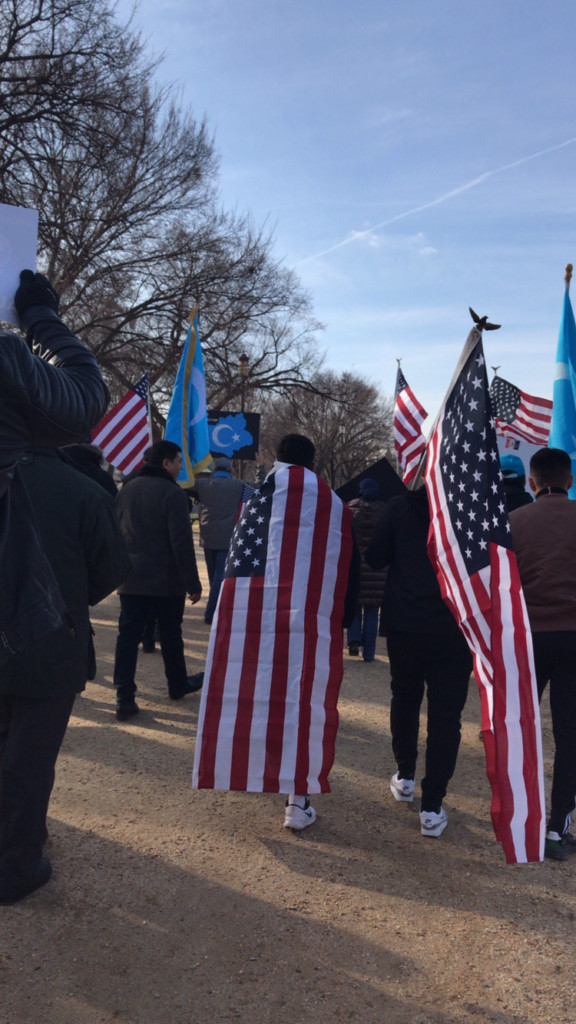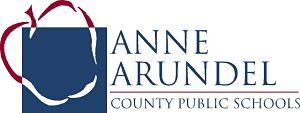Dilnaz, Grade 12
I am an AACPS: Student | South River High School and PDM Intern
In Science, Technology, Engineering, and Math (STEM), I was struggling with my classes and the pace of our education. After seeing my peers who were not in the STEM program succeeding within their classes and having more freedom in their schedule, I felt as though all of this rigor and struggle just wasn’t worth it. Back then I chose to believe that the key to my problems would be dropping out of STEM and saying goodbye to the friends I had made and teachers within the program. With the guidance of my parents, I was able to realize that this whole time STEM was helping me build a stable future. It has taught me public speaking, interview professionalism, how to write proper essays, and so much more. However, the most important thing that STEM taught me was the ability to think outside of the box, create meaningful projects, and push myself to bring these projects to their highest potential.
Fueled by my desire to create, I started to work for Doppam International Children’s Magazine with its debut launch in January of 2019. Our goal with the magazine was to preserve the Uyghur language and connect communities around the world. I am the lead artist of Doppam Uyghur children’s International magazine which has already been distributed to ten countries: U.S.A, Turkey, Indonesia, Norwegia, Canada, Japan, Australia, Sweden, Switzerland, and Germany. Our goal with the magazine was to preserve the Uyghur language and connect communities around the world. Providing the illustrations for this magazine acted as my defiance against the ethnic cleansing happening in Xinjiang, China with the Uyghur minority. Such atrocities have torn families apart and more importantly, have torn the turkic ethnic identity away from Uyghur children. Doppam International Children’s Magazine aims to fix just that. Through cultivating strong cultural connections with youth around the world, we can keep the Uyghur identity alive in the face of adversity.
Additionally, I have also gained valuable experience in organizing and hosting community events such as Visual Storytelling Workshops. Through these workshops, I was able to help the Uyghur community, some of which are refugees, share their experiences through art. Many participants spoke and created art that reflected the pain they experienced over losing their loved ones to the Uyghur concentration camps in Xinjiang, China. I was especially excited to speak with Ferkat Jawdat, an Uyghur human rights activist who had been separated from his family since 2006 and whose mother is currently in the uyghur concentration camps. The workshop was a way for the community to relieve their own pent up anxieties and stress. I tried to be as inclusive as possible, gearing the Visual Storytelling Workshop towards people from all different ages.
Without STEM, I would not have been able to push myself to challenge my own abilities and inspire others to do the same. Though the destruction in Xinjiang may soon become irreversible, I will continue to strive to utilize the skills I have built up within the STEM program to counter hate, connect communities, and act as a role model for future STEM students to step up and make a change.



